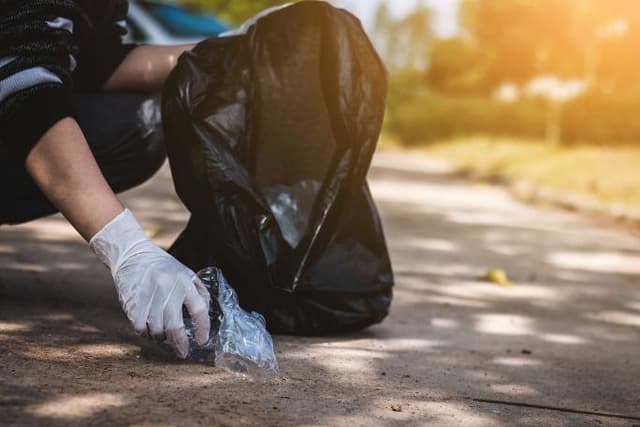
Clean Up Australia - Cut The Waste Project
Lesson17 of 18 in this unit
SecondaryYear 7 - 10EnglishHumanities and Social SciencesCivics and Citizenship
Summary
Lesson Guides and Printables
Lesson Plan

Student Worksheet

Teacher Content Info


Lesson Plan

Student Worksheet

Teacher Content Info
